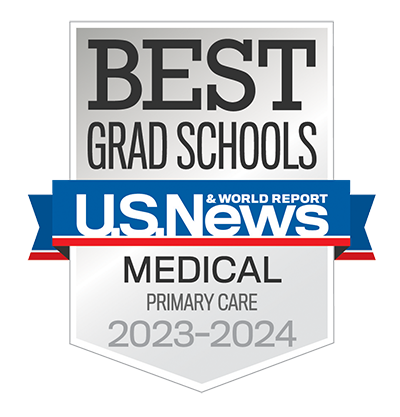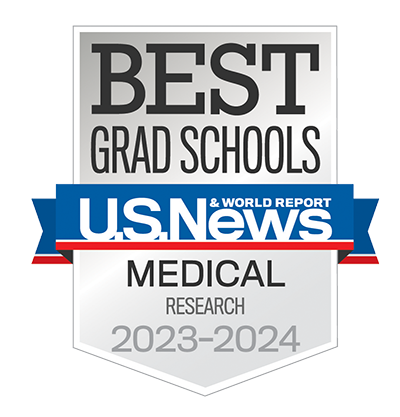


GENERAL SUMMARY OF POSITION:
Castilla Lab. Our laboratory studies the formation of blood cancers, such as leukemias, and how to use these discoveries to design novel therapies. We combine genomic, pharmacology and functional approaches in animal models and patient samples to define key cellular pathways that govern leukemia stem cell survival a drug resistance. We have used a variety of molecular techniques, including CRISPR/Cas9 gene editing, RNA-sequencing and single cell RNA sequencing, ChIP-seq, CUT&RUN, 5C, and ATAC-seq, to define key drivers of cancer progression. For example, we have used these techniques to demonstrate that expression of the MYC master oncogene can be regulated by the leukemia oncoprotein CBFb-SMMHC by coopting regulation of the myeloid MYC distal enhancer in blood stem cells. To translate these findings to novel therapies, we have characterized candidate targeted therapies for CBFb-SMMHC leukemia, some of which are in preclinical studies. We continue collaborating with a multidisciplinary research group to improve the “druggability” of these inhibitors in animal models and cells, and bring the new drugs to the clinic. We are looking for motivated and dependable candidates with background in biology and chemistry fields who can learn new protocols and work with our team to discover new cancer pathways and develop new targeted therapies to treat or prevent cancer.
MAJOR RESPONSIBILITIES:
REQUIRED QUALIFICATIONS:
SUPERVISION RECEIVED:
Under the direction of the Principal Investigator, or designee
SUPERVISION EXERCISED:
May functionally supervise aides, technicians, and associates
ENVIRONMENTAL WORKING CONDITIONS:
Wet chemistry laboratory, and may require appropriate contact with biohazards, radionuclides, toxins, animals, and human specimens.
UMass Chan Medical School was among 23 companies that stood out as 2023 “DEI champions,” according to The Boston Globe.

